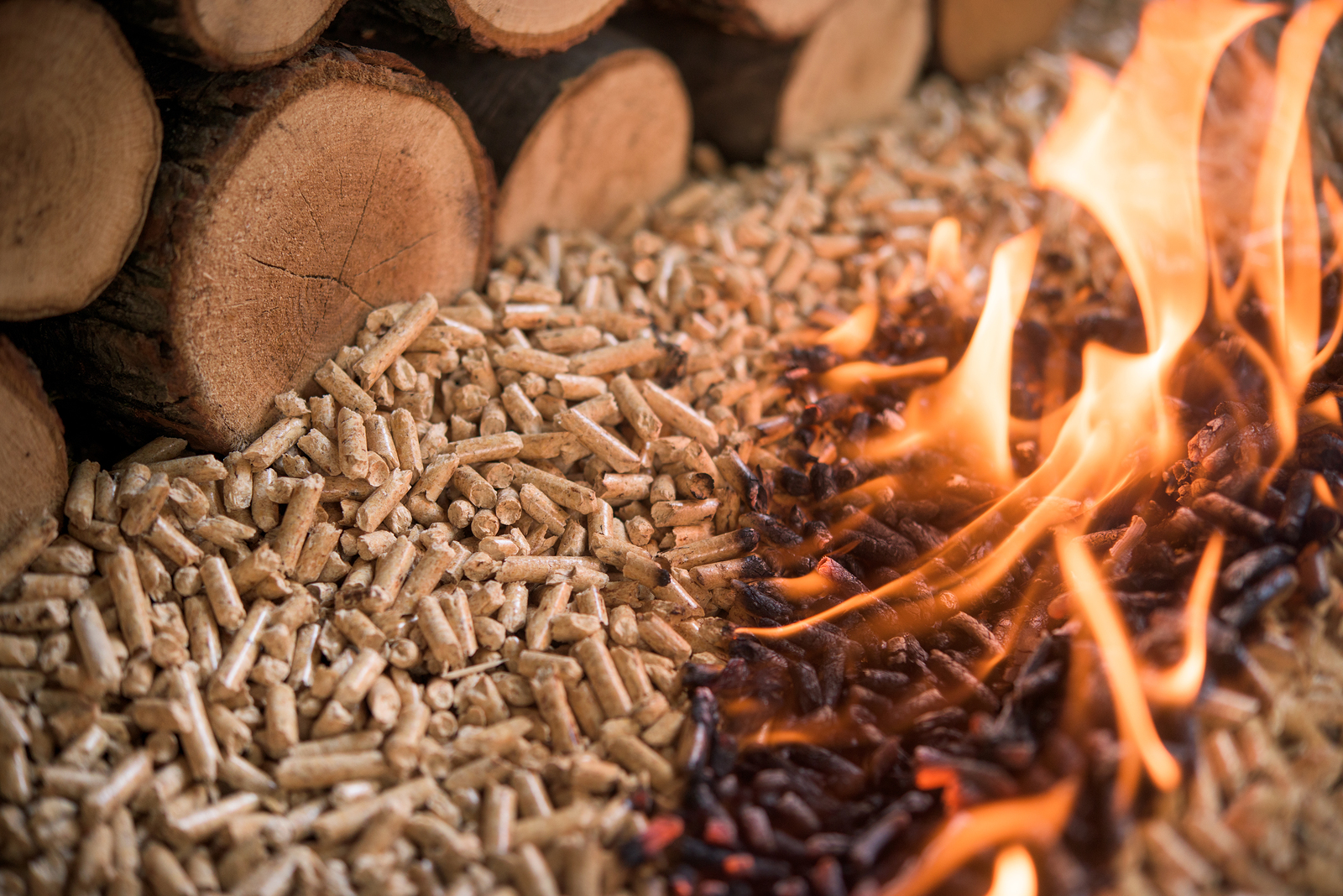Wood pellet production, demand growing in Czech Republic
Česká Peleta (the Czech Pellet Cluster) is a national association for all those dealing with wood fuels, such as pellets or briquettes, or boilers and stoves. The organisation said in the first half of 2021, a total of 254,000 tons of biomass fuel was produced. Six domestic pellet plants increased production capacity in the country and two new facilities opened.
For the first time this year, the full-year volume is expected to exceed half a million tons of pellets. At the same time, producers are preparing for higher raw materials prices, the prices of wood and sawdust will rise. However, the price increase will be lower compared to other forms of energy, such as electricity or gas.
The association said it is ‘obviously worthwhile’ for Czech companies to press pellets from wood sawdust, which is generated as waste when cutting logs on sawmills. Whereas in the past, sawdust was considered a waste product, today, it is pressed into an ‘attractive’ product with high added value – fuel for modern boilers and stoves.
“Demand from Italy, Austria and Germany is consistently high, but our wish is to sell most of the pellets at home, and we are doing well,” said Martin Černy of Czech firm BIOMAC.
The number of installed pellet boilers and stoves is growing globally, not excluding the Czech Republic and Slovakia. However, in recent months, Czech producers have seen an unexpected but temporary drop in demand. COVID-19 has affected the service sector, restaurants and hotels, but also schools, which are frequent customers.
“The producers coped with the temporary surplus of pellets,” said Vladimír Stupavsky, chairman of the Czech Pellet Cluster. “Spring discounts were a record this year, up to 25%. This fluctuation did not affect the planned expansion of production in the long term.
All domestic producers expect that 320,000 obsolete coal-fired boilers in the Czech Republic must be replaced, most of which are to be closed in September 2022. Some of them will be replaced by pellet boilers.
In recent months, six domestic pellet plants have invested in increasing production capacity, and two new ones have opened near large sawmills in southern Bohemia and the Pilsen region. A total of 40 pellet plants are located in the Czech Republic.
“The worldwide trend is that the pellet plant stands at every major sawmill,” said Stupavsky. “In the Czech Republic, we have basically fulfilled it. Why dispose of waste when you can make fuel from it that sells well.”

This year, Czech producers are preparing for more expensive wood and sawdust. The harvesting of fresh wood is limited, the association said. Mining companies remain busy, processing calamitous wood after bark beetle infestation, and they do not have the capacity to harvest fresh wood.
“In addition, logs are still exported abroad, for example to China, so especially medium-sized sawmills in Moravia may not have anything to cut in the autumn,” said Marek Řebíček, director of pellet producer Waldera.
Prices will rise the most for construction lumber, but limited extraction will also impact wood pellet production. Wood affected by bark beetles, which have been lying in forests for more than a year or two, cannot be used to produce pellets.
“In pellets and briquettes, we need lignin – a natural binder that keeps the compressed fuel together,” said Stupavsky. “This disappears from old wood.”
In light of these challenges, pellet manufacturers have been ‘experimenting’, said the Czech Pellet Cluster. They produced pellets from bark and fresh wood, monitoring their properties. Under certain conditions, Stupavsky said it is possible to mix fresh and bark sawdust, but not more than 40% of the calamitous wood content.
Around 96% of all pellets produced in the Czech Republic are certified by ENplus, so the quality is regularly monitored by independent auditors, whose supervision the manufacturers must submit to.
Pellet producers in the Czech Republic are looking forward to the second half of 2021, although with some concerns. It is not certain how much the price of fresh wood sawdust will rise, so there may be a slight increase in the price of pellets for end customers. However, compared to rising electricity and gas prices, this will be only a ‘slight increase’ of around 5%, according to the association. This can be avoided by purchasing pellets and briquettes before the start of the heating season.

















